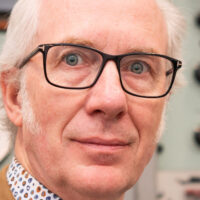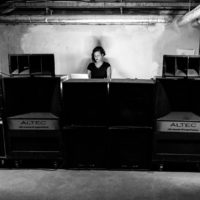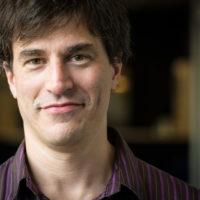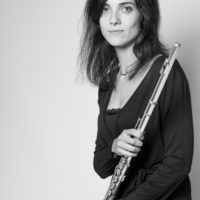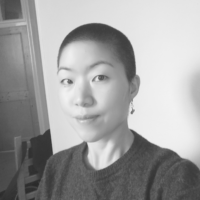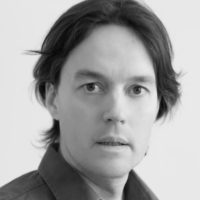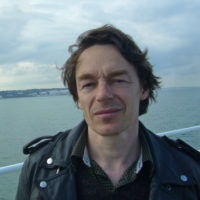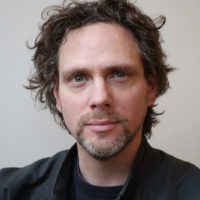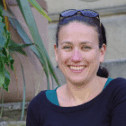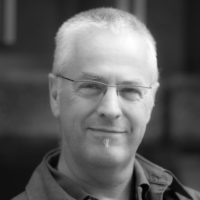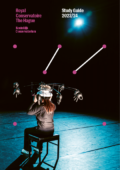“On the threshold of beauty science and art collaborate.” – Edgard Varèse
Sonology is the field of study involving experimentation with electroacoustic music, computer music and sound art. The pioneers of the age of electronic music include figures such as Edgard Varèse, Pierre Schaeffer, Karlheinz Stockhausen and Iannis Xenakis: composers with an inquiring mind who dared to move off the beaten track. Instead of composing with sounds, as is generally the case in instrumental music, in sonology the sound itself is composed in such a way that it gives expression to musical form. This can take place on the basis of the physical principles of sound, on the basis of perception or on the basis of purely compositional ideas.
The explosive pace of advances in the field of (computer) technology and electronics is also creating new possibilities for music and composition. Sonologists investigate these possibilities and add new elements to the musical domain. We are not bound by conventions or stylistic dogmas, but stretch the limits of the genre. It is an important role that we play and one that is integral to the world of new music.
The Institute of Sonology is one of the conservatoire’s Creative Departments, with an extensive network of partners that includes the Groupe de Recherches Musicales (GRM) in Paris, the Netherlands Music Institute (NMI), Studio LOOS in The Hague, the Technische Universität Berlin and the Game of Life foundation in The Hague.
The curriculum of the four-year bachelor’s programme in Sonology, which is taught entirely in English, covers every technical aspect of electroacoustic music and the artistic context in which those techniques are applied. The subjects include studio composition, writing and using computer applications, research into sound, the relationship between sound and space, digital signal processing, algorithmic composition, the theory of electronic music, live electronic music, improvisation and sound art. The Institute of Sonology has five studios fitted with state-of-the-art equipment. One studio has a Wave Field Synthesis system for spatial sound projection. The conservatoire’s concert halls frequently host concerts by Sonology students, faculty members, guest artists and the Sonology Electroacoustic Ensemble.
In addition to group lessons, you will devote steadily more time to your own projects as the course progresses. The projects can focus on technical and/or artistic aspects and you will have regular opportunities to present the results to an audience in the Sonology Discussion Concerts. A bachelor’s degree in Sonology opens the way to a career as an independent electronic musician or in the field of multimedia, sound design, live electronic music, sound engineering and education.
More information about courses and the department can be found on sonology.org
Teachers
Specifications
Language
English
Duration
4 years
Degree
Bachelor of Music in Sonology
Tuition fee
Check 'Tuition fees'
Department head
Kees Tazelaar
Coordinator
Leslee Smucker: mail
